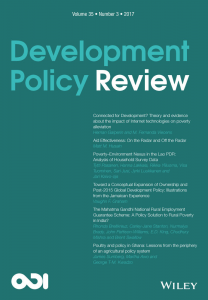No Child Left Behind…But what about programs?
There can be little doubt that schools across the nation have experience notable budget cuts since the recent economic fallout. Without protection from larger economic trails, educational systems have had to manage substantial budget cuts and reductions in available resources. Across different media platforms, new articles are peppered with headlines concerning the myriad of challenges schools are now facing. Despite financial tightening and limited avenues for support, it is clear that school performance has not escaped popular attention. With initiatives...



1467-7660/asset/DECH_right.gif?v=1&s=a8dee74c7ae152de95ab4f33ecaa1a00526b2bd2)
